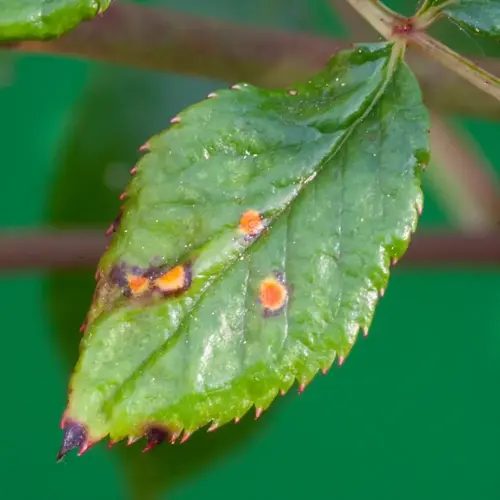Which insecticides work best against different scale types?

Written by
Olivia Mitchell
Reviewed by
Prof. Charles Hartman, Ph.D.Selecting an insecticide is dependent on the type of scale insect. Armored scales and soft scales are two distinct types that require different methods of treatment. Each species has its own weaknesses. To achieve maximum effectiveness of treatment, the type of pest should be matched with the treatment process. Doing this means faster results.
Soft Scale Solutions
- Systemic imidacloprid drenches target honeydew producers
- Applied to soil for absorption through roots
- Avoid during flowering to protect pollinators
- Works best when temperatures are below 85°F
Armored Scale Treatments
- Dinotefuran trunk sprays penetrate waxy shells
- Direct bark application bypasses protective covers
- Effective against resilient species like oystershell scale
- Reapply after heavy rain for full coverage
Universal Crawler Control
- Horticultural oils during emergence phase
- Spray at dawn when crawlers are mobile
- Cover all surfaces until runoff occurs
- Works for all scale types at this life stage
Specific times. Attack the soft scale in the spring when honeydew production is at its peak. Attack the armored scales in the late spring or fall when the upper portions of the protective cover have thinned out. Attack the crawlers within 48 hours after emergence. This timing attacks them when they are at their weakest.
Keep in mind that precaution is essential. Never use a systemic on edible plants within 30 days of the harvest. Do not spray when the temperature exceeds 90°F. Protect beneficial insects by treating only the infested parts of the plant. All these practices preserve the ecological balance and, at the same time, eliminate the scales.
Use a combination of the above methods in more persistent cases. Begin with a horticultural oil as soon as you first notice crawlers to minimize the population. Prioritize your next application on your targeted systemic products for the few remaining adults, this layered approach defeats resistant insect pests. Your plants will recover more quickly with as little pesticide applied.
Read the full article: Scale Insect Treatment: Save Your Plants Now

